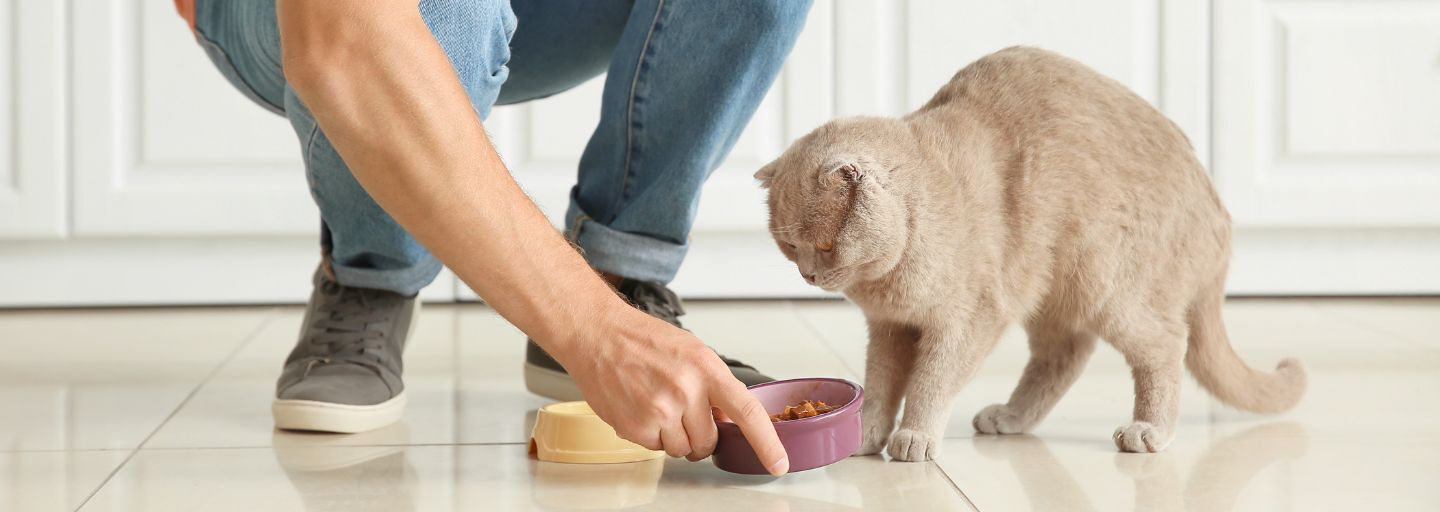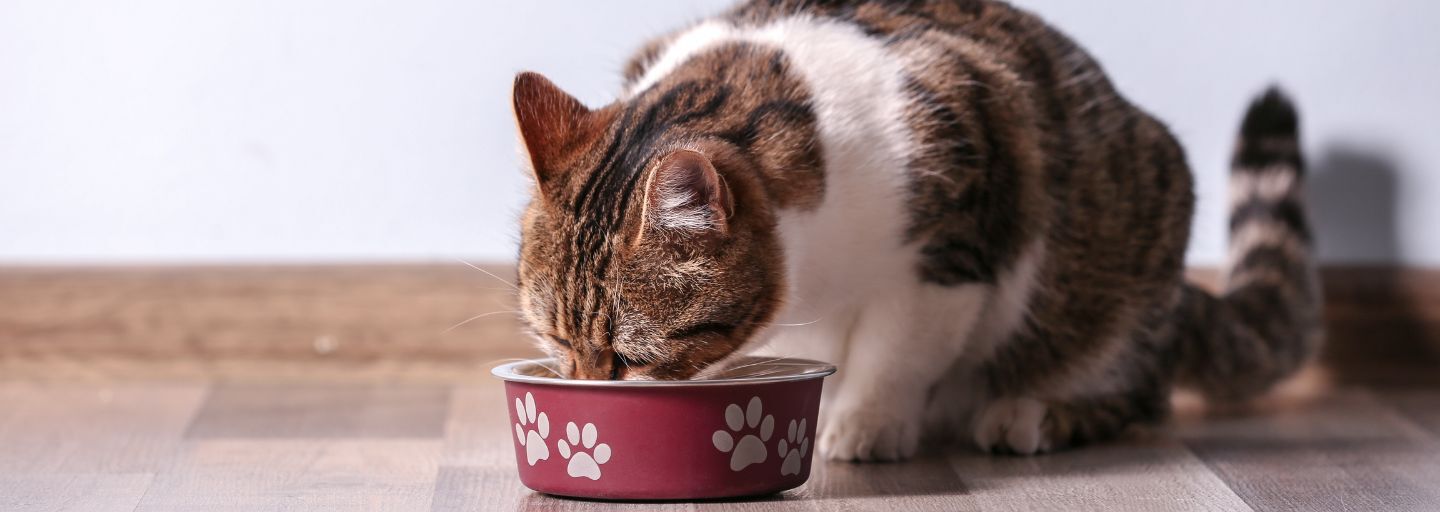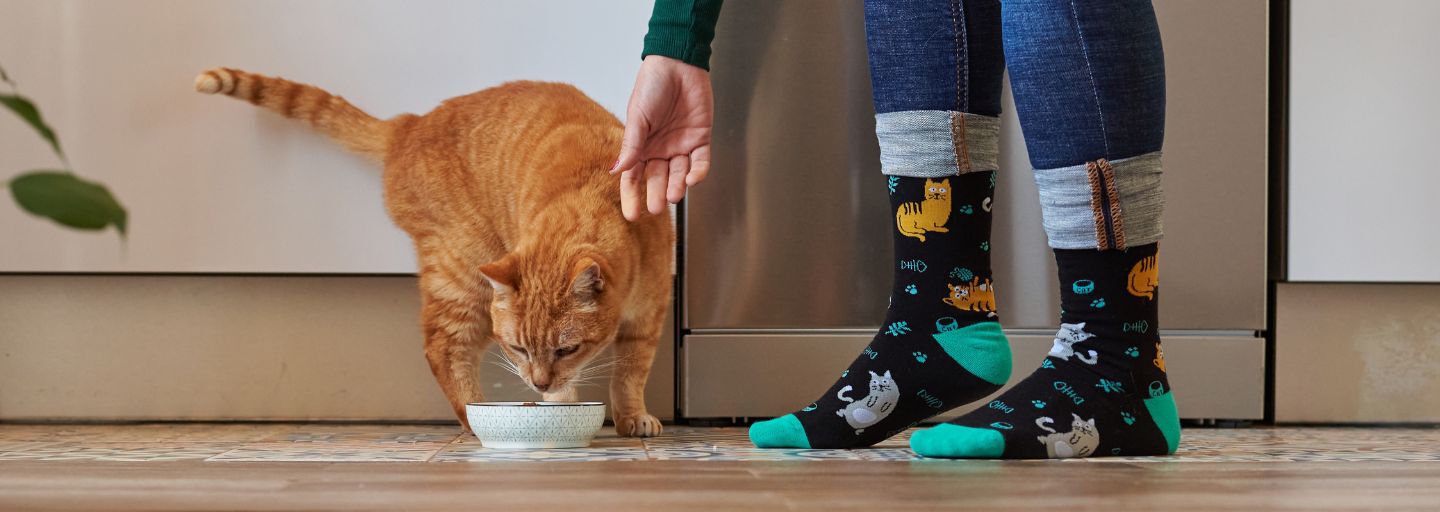The countdown to your little kitten’s birthday has begun! And while the term ‘adult’ might not be a completely accurate term to describe your mischievous little mate’s level of maturity, the fact is your best friend isn't so ‘little’ anymore! Yes, she has grown up and is about to dive into adulthood. And while that cheekiness is unlikely to change in a hurry, notching up your first birthday does make for some significant milestones that are worth celebrating!
Making the switch to adult food
First of all, well done! You’ve navigated your little mate through the tricky and sometimes temperamental first year of their life. With no more growing to do, your kitten is now ready for adult food. But relax, it’s still as appetizing as the food that fueled their growth. It’s just been formulated with their future in mind. They no longer need the extra energy, calcium, and phosphorous that were crucial in their youth. Now, growing up means their food must have a new focus. They need…
Controlled calories: To prevent obesity and its damaging effects on the body.
Clean teeth: The act of chewing dry food helps prevent tartar build-up on their teeth.
High-quality protein: To strengthen their body and their immune system
Plus all the vitamins and minerals they need to keep them at the peak of perfection.
Adult maintenance food has been formulated with all of these important attributes in mind.
Caring for grown-ups:
But what about caring for your cat away from the food bowl? Here are some handy tips on managing your newly ‘mature’ little mate…
Obesity: Around 40% of Aussie dogs and cats are overweight, and the number is climbing. A Purina study recently found that slim animals live almost 2 years longer than their obese friends. So only feed your dog/cat what the feeding guide on the back of the packet says. Then, if your pet still gains weight, reduce the amount you’re feeding by 10%. Remember that exercise is also important.
Tooth trouble: Dental disease is the most common health problem affecting our pets. It’s estimated that around 80% of dogs and 70% of cats have some form of dental disease by the age of 3. Feeding Purina dry food and ‘dental chews’ will help. You should also speak to your vet about other ways of reducing tartar build-up.
Exercise: Prevention is always better than cure, and exercise will help control your cat’s weight. Invest in some toys, an indoor climbing frame or a scratching post and introduce regular play sessions.
Prevent the Preventable: Our pets are living longer than ever before. One of the main reasons is that we can now prevent so many nasty diseases. So make sure your ‘offsider’ gets her vaccinations, worming, and flea control. They’ll be sure to live a longer, happier life. For more information on worming and flea control, click here.
To a large extent, a kitten’s health is based on and can be measured by their diet and eating habits. Try to keep an eye on your kitten’s food consumption and remember to stay abreast of your feeding options.







